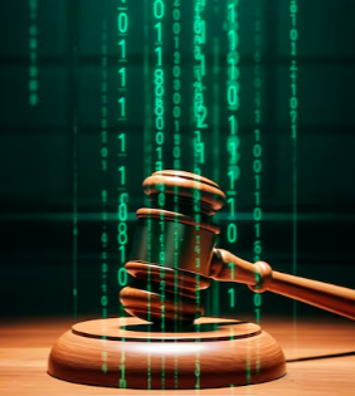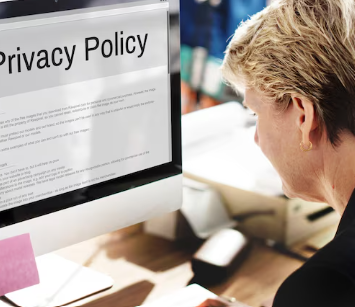New Bill Appropriates $310 Billion to the PPP
The initial $349 billion appropriated for the Paycheck Protection Program (PPP) under the CARES Act ran out last week within less than two weeks after banks opened the application process. The staggering demand for loans given under the PPP made it clear that additional funds would need to be made available so that small businesses that desperately need the loans could continue to apply for and receive them.
On April 24th, the President signed into law a bipartisan bill, which authorized additional funding for the PPP. The new law allocated an additional $310 billion for the PPP as well as an additional $10 billion for the Economic Injury Disaster Loan (EIDL) Grants program. The additional funds will enable small businesses who were left out of the first round of loans to participate, on a first come first served basis and (hopefully) receive much needed relief. Unfortunately, this additional amount is unlikely to be sufficient to assist all eligible small businesses and individuals who seek relief. Additional funds will likely need to be added to the program in the coming weeks.
Participation in the PPP by Larger Companies and Venture-Backed Startups
While more money has been appropriated for the PPP, some larger companies such as Shake Shack and Ruth’s Chris that previously received PPP loans announced that they will return the money they received in response to the public outcry over their participation in the program.
In response to the negative reaction to larger companies’ participation in the PPP, the Small Business Administration (SBA) reminded all businesses in its guidance document that “borrowers still must certify in good faith that their PPP loan request is necessary.” Furthermore, the SBA reiterated the requirement for businesses to certify that “[c]urrent economic uncertainty makes this loan request necessary to support the ongoing operations of the Applicant” and that this certification must be made in good faith, “taking into account their current business activity and their ability to access other sources of liquidity sufficient to support their ongoing operations in a manner that is not significantly detrimental to the business.”
The SBA then used a specific example, stating that “it is unlikely that a public company with substantial market value and access to capital markets will be able to make the required certification in good faith, and such a company should be prepared to demonstrate to SBA, upon request, the basis for its certification.” The SBA has left no doubt that it is taking the requirement to certify that the requested PPP loan is necessary due to current economic certainty very seriously, and that the bar to proving such necessity is high.
Release of a New Interim Rule
Private Equity Portfolio Companies
On the same day that the new bill authorizing additional funds for the PPP was signed into law, the SBA also released a new Interim Final Rule providing additional guidance and clarifications on several issues including eligibility requirements. The SBA addressed the question of whether the affiliation rules prohibit the eligibility of a portfolio companies of a private equity fund for a PPP loan. In its guidance, the SBA reiterated that the affiliation rules still apply to these companies. Additionally, the SBA reminded applicants that in addition to the affiliation rules, they must carefully review and consider the required certification stating that “[c]urrent economic uncertainty makes this loan request necessary to support the ongoing operations of the Applicant.”
Limited Safe Harbor
In another sign that the SBA intends to look into improper PPP applications, where false certifications and representations were made, the new rule created a “limited safe harbor with respect to certification concerning need for PPP loan request.” Under this limited safe harbor, any borrower that applied for a PPP loan prior to the issuance of the updated regulation and repays the loan in full by May 7, 2020, will be deemed to have made the required certification in good faith. Therefore, any company that received a PPP loan and is unsure whether it truly had a need for it should carefully re-evaluate its application, its current financial condition, and whether or not it should consider utilizing this safe harbor by repaying the loan in full by May 7th.



